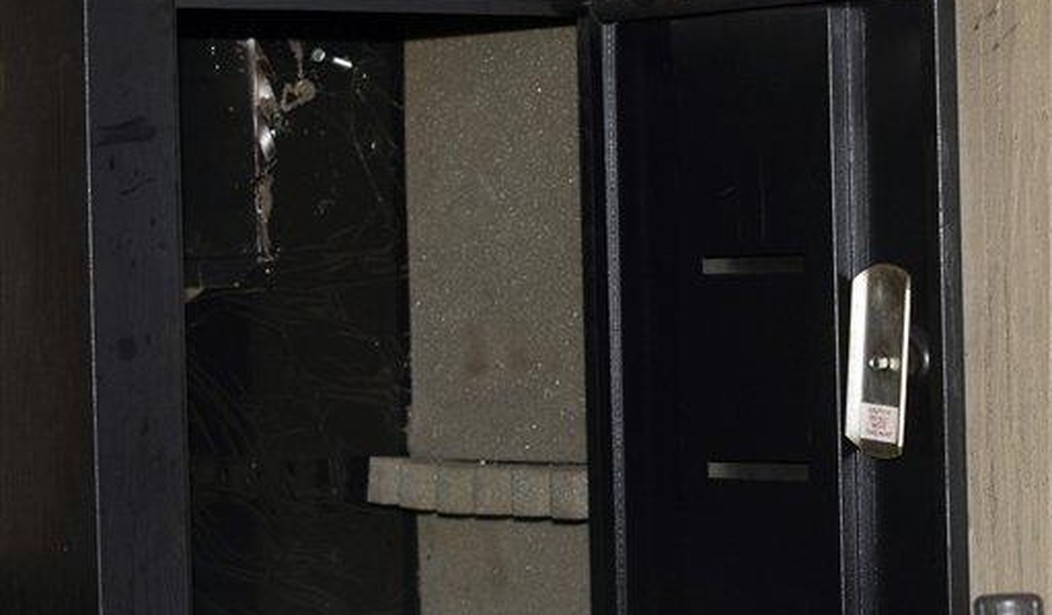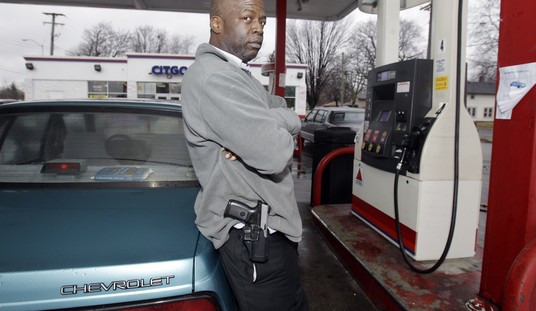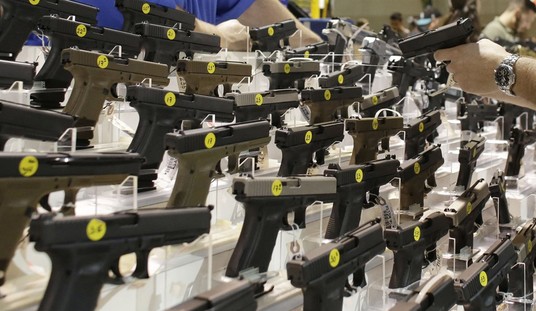Mandatory storage laws are one of those things that sounds really, really good to those who really don’t know anything about guns or personal defense. After all, if most guns on the black market are stolen and if so many kids killed in accidental shootings were killed with unsecured firearms, then surely there’s a need for a law to mandate locking guns up when not in use.
The problem with that is that it’s a one-size-fits-all solution to an issue that’s anything but.
After all, the phrase “in use” means a lot of different things to different people. The Glock 19 sitting right next to me is “in use.” It’s handy in case anyone tries to bust into the house while I’m working. Others, however, would argue that it’s not in use because I’m not actively targeting someone with it.
Hence the dilemma.
However, a recent op-ed out of Colorado does what I can only describe as a fantastic job dismantling mandatory storage laws.
Among the measures being considered by Colorado Democrats for the 2020 legislative session is a so-called “safe storage” law requiring that firearms be locked in a safe when not in use. Like many gun control laws, “safe storage” requirements may sound reasonable at first blush, but in practice are unnecessary, counterproductive, and unconstitutional.
Unnecessary
“Safe storage” laws are unnecessary because the firearms community has already accomplished the objective of reducing firearm accidents on its own volition—without burdensome government restrictions. Through safety programs like the National Shooting Sports Foundation’s Project ChildSafe and the NRA’s award-winning Eddie Eagle GunSafe initiative, the firearms community has successfully raised awareness of safe practices and dramatically reduced firearm accidents.
While the number of firearms in America has skyrocketed to an all-time high, the number of accidents has plummeted to an all-time low. Federal data show that the estimated number of civilian-owned firearms in America is 423,000,000. Yet, the most recent statistics from the Centers for Disease Control show that only 486 deaths were caused by accidental discharges in 2017.
These 486 firearm deaths made up only 0.3 percent of all 169,936 accidental deaths. By comparison, there were 64,795 accidental fatal poisonings, 40,231 deaths from motor vehicle accidents, 36,338 deaths from accidental falls, 6,946 deaths from accidental hanging, strangulation, and suffocation, and 3,709 accidental drownings.
The whole thing is excellent, though it doesn’t hit on every single issue with these laws. Then again, space alone would explain why it doesn’t. You can’t post an entire book on a webpage and expect people to read the whole thing.
However, perhaps the best argument made is the argument writer Joseph Greenlee makes regarding the constitutionality of such a measure.
Now, I normally argue that if all you can muster in defense of gun rights is the constitutionality of it, you’re in trouble. Anti-gunners don’t care and a surprising number of people in the middle simply won’t buy that argument.
However, Greenlee makes the case a bit differently.
“Safe storage” laws are unconstitutional because they prohibit immediate self-defense in the home. In 2008, the Supreme Court struck down a law requiring that firearms be kept inoperable in the home, because it “makes it impossible for citizens to use them for the core lawful purpose of self-defense and is hence unconstitutional.” A “safe storage” law is another “prohibition against rendering any lawful firearm in the home operable for the purpose of immediate self-defense,” and is unconstitutional for the same reason.
There’s more to his argument than a single paragraph, but you need to go over there and read the rest.
Frankly, I’m rather impressed, and I don’t get impressed nearly as often as I’d like to be. Greenlee nails more than enough salient points to completely dismantle the arguments in favor of mandatory storage laws.
In fact, the only criticism I could make is in calling them “safe storage laws” itself, since the name is nothing more than a tool to invoke emotion into the debate. After all, how could anyone oppose safety, right? Besides, there’s nothing “safe” about requiring people to inhibit their ability to defend themselves.
Hence why I call them mandatory storage laws.
But, that’s a minor quibble. The meat of the arguments Greenlee presents are sound and it’s well worth keeping these things in mind should your own state–or, God forbid, the federal government–decide to put something like this into play.








Join the conversation as a VIP Member